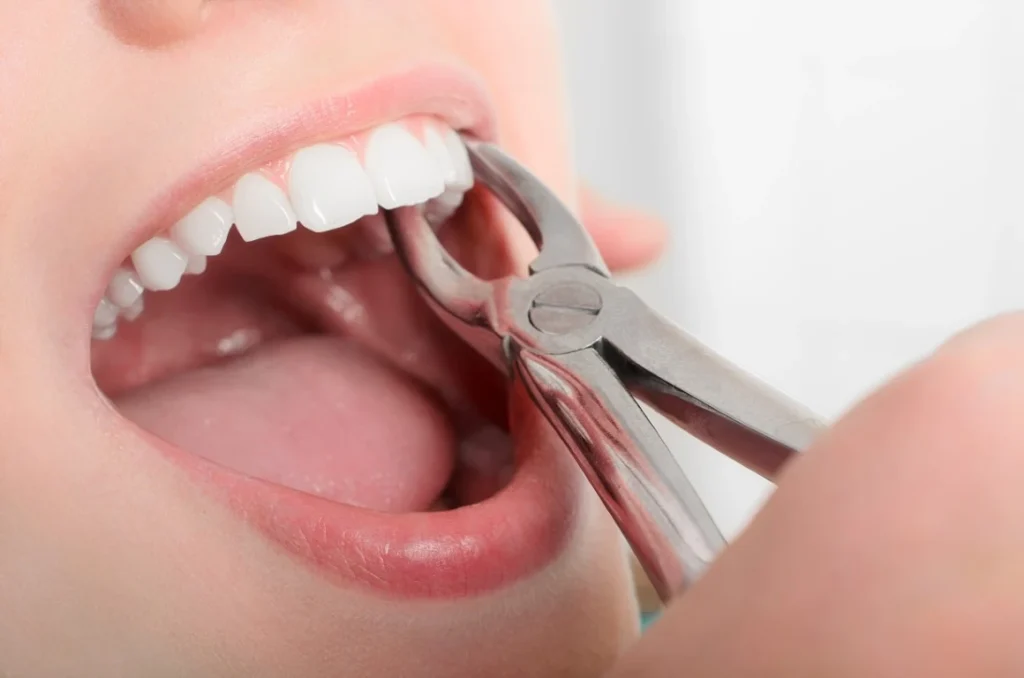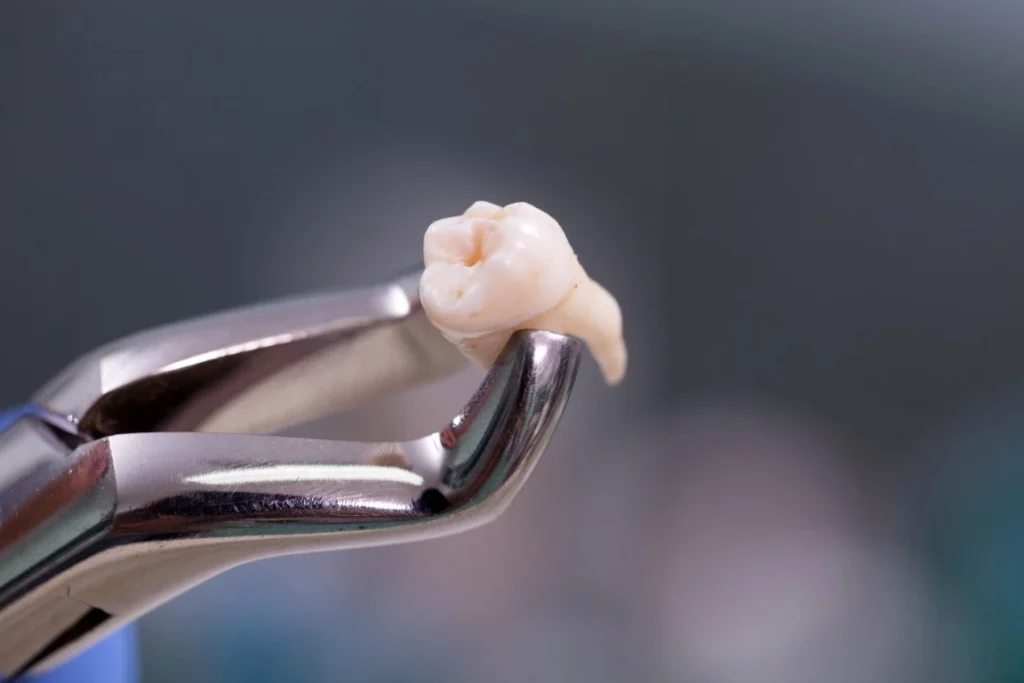
When you’re dealing with severe tooth pain or infection, your dentist may recommend either a root canal or a tooth extraction. Both procedures aim to relieve pain and prevent further damage, but they differ significantly in approach and long-term effects. Some people may think a tooth extraction is best, as it means you can avoid future problems with the tooth.
Others may want to do everything in their power to preserve their natural teeth and avoid dental prosthetics. Choosing between the two isn’t always simple; factors like the extent of decay, cost, and your overall oral health all play a role. Understanding the differences and benefits of each treatment can help you make the best decision for your smile and long-term dental wellness.
Why You May Need a Root Canal
A root canal is typically needed when the inner pulp of your tooth becomes infected or inflamed. This can occur due to deep decay, repeated dental procedures, cracks, chips, or tooth injury. When bacteria reach the pulp, you might experience severe tooth pain, prolonged sensitivity to hot or cold, swollen gums, or darkening of the tooth.
If left untreated, the infection can spread and lead to an abscess, causing even more discomfort and potential bone loss. A root canal removes the infected tissue, cleans the canal, and seals the tooth to prevent further issues, allowing you to keep your natural tooth and restore normal function without the need for extraction.

What is a Tooth Extraction?
A tooth extraction is a dental procedure where a tooth is completely removed from its socket in the jawbone. While it may sound intimidating, extractions are a common procedure often performed to prevent further pain or infection. Dentists typically perform them when a tooth is too damaged or decayed to be saved through other treatments.
The procedure is quick and done under local anesthesia so you won’t feel pain during the removal. Afterward, your dentist will provide instructions to help your mouth heal comfortably and safely. Whether caused by severe decay, gum disease, or crowding, a tooth extraction is sometimes the best way to protect your overall oral health.
Should You Get an Extraction Instead of a Root Canal?
Whether a tooth extraction or a root canal is better for your tooth will vary depending on the extent of the decay and damage to your tooth. Your endodontic team will always do everything in their power to protect you from tooth loss. However, even with the most comprehensive care, some teeth may be too damaged to recover.
If your endodontic team is recommending a tooth extraction, it is often because this is the best way to preserve the health of the surrounding teeth, tissue, and underlying bone structure. Putting off this care may do far more harm than you realize, which is why it’s essential to schedule the extraction as soon as possible.
While it can be distressing to lose your natural tooth, it is important that you follow the advice of your endodontic team. With so many reliable tooth replacement options available, like dental bridges, dentures, and implants, you don’t have to worry about your teeth shifting, changes to the appearance of your smile, or major bite changes.

When is a Tooth Extraction a Better Choice?
There are a few situations in which your dental team will determine that a tooth extraction is a better treatment option than a root canal. Some of the most common reasons why your endodontist may recommend tooth extraction over a root canal include:
- Deep Cracks: Cracks in your tooth can often be remedied by your endodontic team. However, if these cracks stretch deep beneath the gum line and under the gums, extraction may be your only option to avoid repeat problems.
- Repeat Root Canals: If you’ve undergone multiple root canals and are still experiencing problems with the tooth, your endodontic team may determine that a tooth extraction is the only option to eliminate lingering infection.
- Extensive Decay: As the decay in your tooth wreaks havoc on the tooth, it can significantly weaken the structure. If the decay cannot be adequately remedied, even after a root canal, extraction is your best choice.
Tips for Saving Your Natural Tooth
While you may not always be able to avoid a tooth extraction, there are several things you can do to increase your chance of preserving the structure. If you have recently experienced dental trauma or are recovering from a root canal and want to protect the tooth from further damage, incorporate the following into your routine:
- Maintain an Excellent Oral Hygiene Routine: It is crucial to continue your oral hygiene routine, including brushing twice daily and flossing at least once a day. Be extra gentle around the affected tooth, as applying excessive force can increase irritation.
- Discontinue Nicotine Use: Nicotine products are known for slowing down your body’s natural healing ability. Following an injury or root canal, it is best to discontinue the use of these products to ensure your tooth and the supporting tissue can heal quickly.
- Avoid Using Teeth as Tools: Using your teeth as tools can increase your chances of damaging them. While it might be tempting to use them to open tough packages or to hold onto small objects, it is best to avoid this when possible.
- Attend Follow-Up Appointments: If your endodontic team schedules follow-up appointments, it is essential that you attend them. While you might feel fine, they can catch the most minute signs of problems before they become more significant.

Protect Your Teeth with Help From David G. Johnson, DDS
Ultimately, to do everything in your power to protect your teeth, it’s essential to choose a reliable endodontic team. If you’re looking for an endodontic team in Layton or Centerville, turn to our team at David G. Johnson, DDS, for support. For decades, we’ve provided comprehensive endodontic care to patients across Northern Utah. Whether you need a root canal or are trying to avoid a tooth extraction, we’ve got your back through every step of your care.
If you would like to learn more about our services, don’t hesitate to contact us today.


